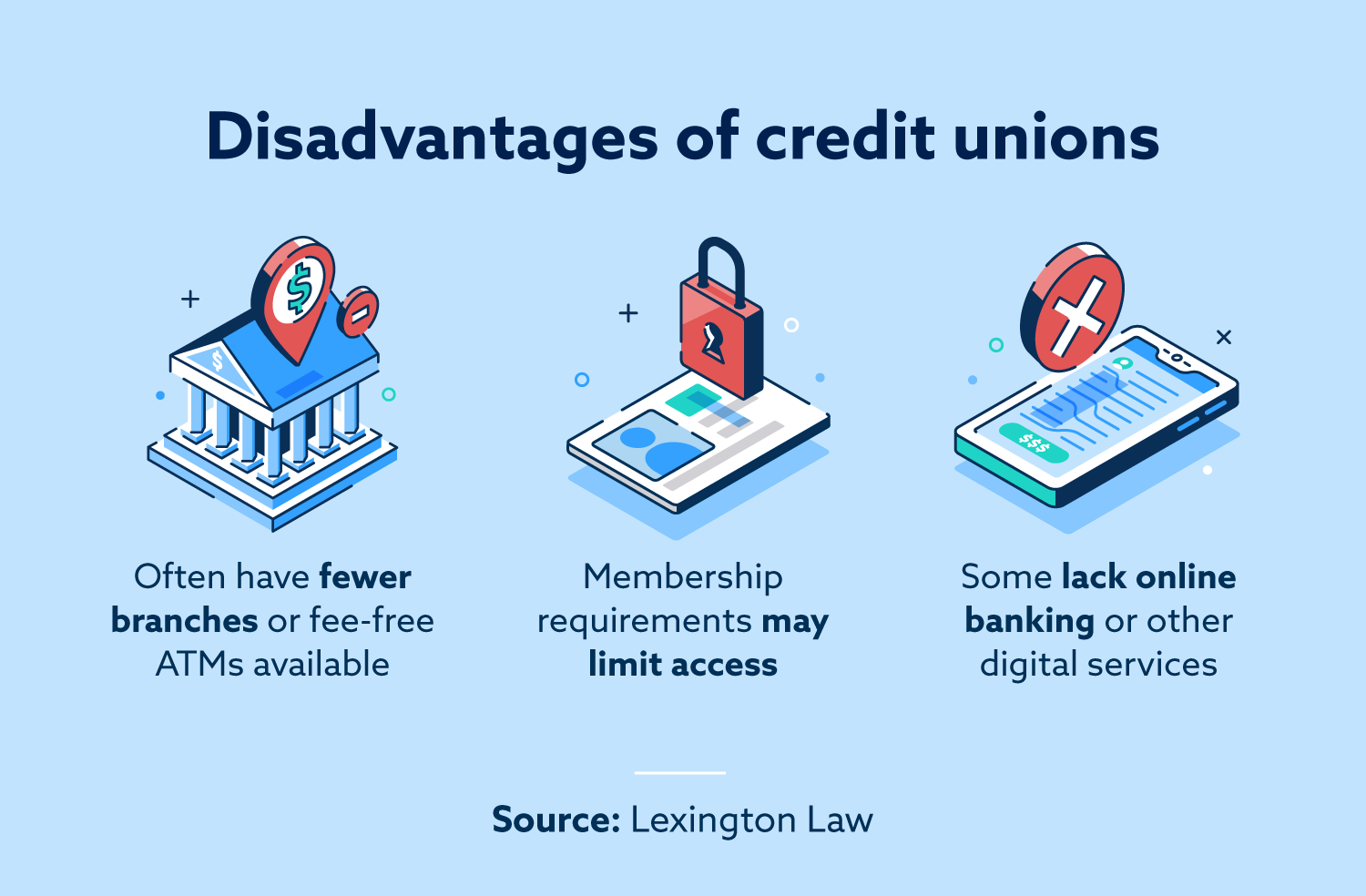Hybrid Line of Credit: Flexible Financing Options from Your Wyoming Credit Union
Hybrid Line of Credit: Flexible Financing Options from Your Wyoming Credit Union
Blog Article
The Ultimate Guide to Understanding Lending Institution

Credit unions stand as distinct financial entities, rooted in principles of mutual assistance and member-driven procedures. Past their fundamental worths, recognizing the detailed workings of credit report unions includes a much deeper exploration. Deciphering the intricacies of subscription eligibility, the development of services supplied, and the distinct advantages they bring requires an extensive assessment. As we browse with the complexities of lending institution, an insightful journey waits for to drop light on these member-focused institutions and how they vary from conventional banks.
What Are Cooperative Credit Union?
Lending institution are member-owned monetary establishments that provide a series of financial services to their participants. Unlike conventional financial institutions, cooperative credit union run as not-for-profit companies, implying their key focus is on offering their participants as opposed to optimizing profits. Members of a lending institution typically share a typical bond, such as benefiting the very same employer, belonging to the exact same area, or becoming part of the same organization.
Among the essential advantages of cooperative credit union is that they often offer higher interest prices on interest-bearing accounts and reduced rate of interest on financings contrasted to financial institutions. Hybrid Line of Credit. This is because credit history unions are structured to benefit their members straight, permitting them to hand down their profits in the form of far better prices and fewer charges. Furthermore, credit report unions are understood for their personalized customer solution, as they prioritize building partnerships with their participants to understand their unique economic requirements and goals
Background and Development of Lending Institution
The roots of member-owned economic cooperatives, understood today as lending institution, trace back to a time when neighborhoods sought choices to conventional banking establishments. The principle of lending institution stem in the 19th century in Europe, with Friedrich Wilhelm Raiffeisen often attributed as the leader of the cooperative financial motion. Raiffeisen founded the first identified lending institution in Germany in the mid-1800s, highlighting neighborhood support and self-help principles.
The advancement of lending institution continued in North America, where Alphonse Desjardins developed the very first credit union in Canada in 1900. Soon after, in 1909, the initial U.S. credit report union was formed in New Hampshire by a group of Franco-American immigrants. These early lending institution operated the essential concepts of common assistance, democratic control, and member possession.
With time, cooperative credit union have actually grown in popularity worldwide as a result of their not-for-profit structure, concentrate on offering members, and supplying competitive monetary product or services. Today, lending institution play an important function in the monetary sector, offering accessible and community-oriented banking choices for companies and people alike.

Subscription and Eligibility Standards
Subscription at a lending institution is generally limited to individuals fulfilling particular qualification criteria based upon the institution's beginning principles and governing requirements. These standards commonly include variables such as geographic area, employment standing, membership in certain companies, or affiliation with specific teams. Credit unions are recognized for their community-oriented strategy, which is shown in their subscription needs. Credit Union in Wyoming. Some credit unions may just offer individuals who live or function in a particular location, while others may be tailored to staff members of a certain business or members of a specific association.
Additionally, credit report unions are structured as not-for-profit companies, indicating that their key goal is to offer their members instead than generate earnings for investors. This emphasis on participant service often equates right into more individualized attention, reduced charges, and competitive rates of interest on savings and loans accounts. By fulfilling the qualification standards and ending up being a participant of a lending institution, individuals can access a series of monetary services and products tailored to their details requirements.
Solutions and Products Offered
One of the essential facets that establishes credit history unions apart is the varied array of monetary solutions and items they supply to their members. Credit history unions commonly provide conventional banking services such as financial savings and checking accounts, car loans, and credit score cards.
Furthermore, cooperative credit union typically supply hassle-free online and mobile financial alternatives for advice participants to conveniently manage their finances. They may offer benefits such as common branching, permitting members to access their accounts at other debt unions across the country. Some credit report unions additionally give insurance products like car, home, and life insurance policy to help members protect their properties and enjoyed ones.

Benefits of Banking With Credit Report Unions
When thinking about economic organizations, exploring the benefits of banking with credit history unions exposes special benefits for members seeking customized service and affordable rates. Unlike large financial institutions, credit rating unions are member-owned and prioritize structure solid connections with their members. Generally, financial with a credit scores union can provide an extra tailored, affordable, and member-centric economic experience.
Verdict
To conclude, cooperative credit union attract attention as member-owned financial institutions that focus on serving their members over taking full advantage of profits. With beginnings dating back to 19th century Europe, credit report unions follow principles of mutual support and member possession. They provide a variety of financial services and products, including standard banking solutions, investment alternatives, and competitive rates of interest. Subscription eligibility criteria specify and mirror a community-oriented strategy, supplying customized customer care and a member-centric economic experience. site
Credit score unions are member-owned economic institutions that offer an array of banking solutions to their members. The idea of credit scores unions originated in the 19th century in Europe, with Friedrich Wilhelm Raiffeisen typically credited as the leader of the cooperative financial activity.The advancement of credit rating unions proceeded in North America, where Alphonse Desjardins developed the initial credit report union in Canada in 1900. Credit unions typically offer traditional banking solutions such as financial savings and checking accounts, financings, and debt cards.When thinking about financial website here establishments, exploring the benefits of banking with debt unions exposes special advantages for participants seeking individualized service and affordable rates.
Report this page